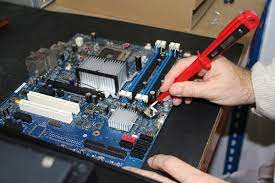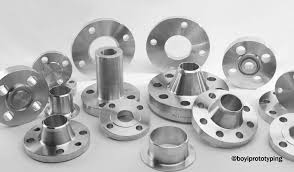Why Take a Computer Engineering Course?

If you are looking for a career that involves computers, you should consider pursuing a computer engineering course. A computer engineer will be trained to develop a comprehensive set of practical skills and knowledge. They will have a diverse range of job opportunities and will be able to find employment in many different industries. Computer engineering courses are different from those in Computer Science, but both focus on the same thing: understanding digital hardware and software. Despite the differences, both courses will provide students with the same learning experiences.
The admission process for a computer engineering course is typically entrance-based. Top BE/BTech institutions will hold entrance exams to select candidates. Some states even conduct university-level entrance tests. Once you pass the exam, you’ll need to complete a counseling session. You’ll also have to pay an application fee. While you’re completing your computer engineering course, make sure to take a look at the requirements. You’ll want to consider which colleges are the best fits for your needs and interests.
An undergraduate course in computer engineering typically includes an introduction to computers and programming. The course also teaches the basics of computer programming and includes 37 lectures and 10 problem sets. The final course, Computer Algorithms for Systems Engineering, will teach you how to apply computation to study engineering systems. You’ll learn about branch-and-bound algorithms, databases, and more. The course also includes three quizzes. For the final semester, you’ll complete a senior design project.
There are many reasons to pursue a computer engineering course. First and foremost, computer engineering is a rewarding career. The rewards that come with it will far exceed your expectations. A computer engineer will not only be able to make a good living but will also be making a difference in the world. There is nothing better than knowing that you’re making a positive impact in the world. This is why a computer engineering degree is the ideal choice for you.
There are many ways to gain hands-on experience in the computer industry. An internship or co-op program may not be an option for you, but a senior capstone design project can provide valuable practical experience. Major design projects must be assessed against appropriate engineering standards and include constraints similar to real-world design problems. Having real-world experience can help students get their first job. Hands-on experiences can also be gained through hackathons and coding conventions.
Computer engineers have an incredible array of job opportunities. From designing new computer hardware to running complex software, computer engineers play a critical role in nearly every aspect of modern life. In fact, computers are in nearly every device we own. This includes speech recognition and medical imaging, signal processing, and picture and data communication. Computers have made it possible to connect the world, so computer engineers are responsible for making that happen. They can work in many areas of production, from design to manufacturing and marketing.
Applicants must have relevant academic credentials. Besides having a class 12 or equivalent examination in a science stream, they should have the relevant English proficiency test scores. Entrance exams that can lead to admission to a computer engineering course are JEE Mains, SRMJEE, or MU-OET. In addition to having passed the entrance exam, students must have completed class 12 or its equivalent examination with 45 per cent or higher. If you do not speak English fluently, English proficiency tests will also be required.





